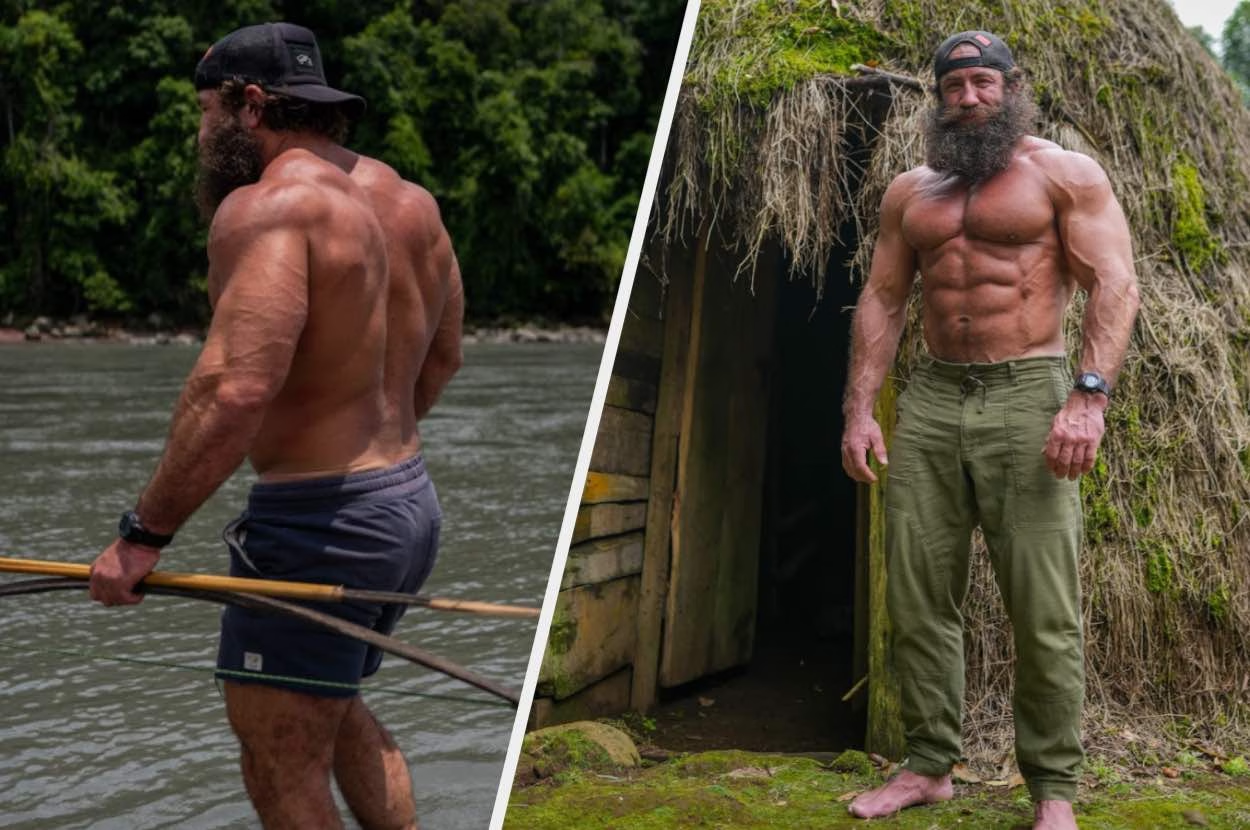Adventure is more than a pastime for many men—it’s a calling, a primal urge to test oneself against nature, to seek solitude, and to find meaning beyond the hum of modern life. In short, to undertake a modern male adventure. This hunger has found new expression in the digital age, where creators like Luke Nichols of Outdoor Boys and Oliver Widger of Sailing with Phoenix have turned their personal quests into viral phenomena. Their stories resonate deeply because they tap into something timeless: the masculine pursuit of freedom, self-reliance, and communion with the wild. This urge resides in every man.

The Outdoor Boys
Luke Nichols, a lawyer-turned-YouTuber, launched Outdoor Boys in 2015. His channel, which grew to nearly 15 million subscribers, featured videos of him and his sons building log cabins, forging tools, and surviving in remote wilderness settings. In just 18 months, Nichols gained 12 million subscribers and over 6.8 billion views, earning an estimated $5.9 million annually from ad revenue alone.
However, in May 2025, Nichols announced his decision to step away from YouTube, citing the overwhelming effects of fame and a desire to prioritise his family. In a heartfelt farewell video titled “Goodbye,” he explained that the constant public attention had become taxing, impacting his personal life and raising concerns about its effect on his family. Nichols expressed gratitude for the journey and shared his intention to shift focus from personal growth to helping others. Though he hinted at possibly releasing a few unfinished videos later in the year, the channel will largely remain inactive.
Sailing with Phoenix
Similarly, Oliver Widger’s Sailing with Phoenix chronicles his daring solo voyage from Oregon to Hawaii with his cat, Phoenix. After quitting his job and selling his belongings, Widger taught himself to sail and embarked on this journey, sharing his experiences with over a million followers on TikTok and Instagram. His high engagement rate suggests he could earn up to $597,600 annually from social media posts.
Widger’s transformation began when he left his corporate job at a tire shop and cashed out his 401(k)—a U.S. retirement savings plan that allows employees to contribute a portion of their pay to a tax-advantaged investment fund. In Widger’s case, it became a lifeline for reinvention. Frustrated with the pressures of corporate life and facing a neurological syndrome that threatened paralysis, he decided to pursue something radically different. He used the money to purchase a modest sailboat, departed from Warrenton Marina on April 30, 2025, and set a course for Hawaii, taking only his cat, Phoenix, who he had rescued from a dumpster years prior.
The Modern Male Adventure
What draws men to these narratives? It’s the embodiment of a deep-seated desire to break free from societal constraints and reconnect with nature. This theme is powerfully echoed in Into the Wild, the true story of Christopher McCandless, a young man who abandoned modern life to live off the grid in Alaska. McCandless’s journey, chronicled by Jon Krakauer, resonated with millions not because he succeeded, but because he dared. His story reminds us of the intoxicating allure of solitude and the need, hardwired into many men, to measure themselves against the untamed world.
In an era dominated by digital connectivity and urban sprawl, the stories of Nichols and Widger offer a compelling counter-narrative. They remind us that the call of the wild still holds sway—that behind every screen is a man wondering what it might feel like to disappear into the trees, to sail beyond the horizon, to undertake a modern male adventure and to return changed.




